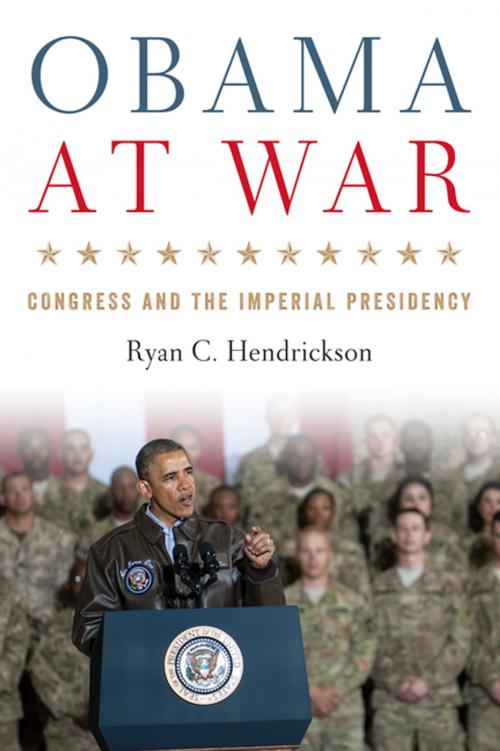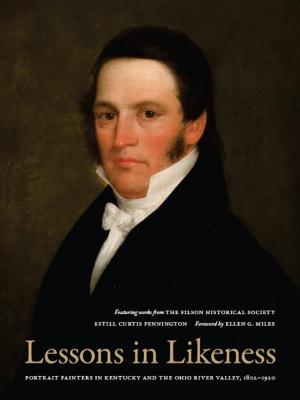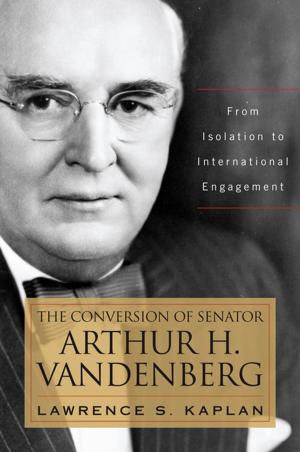Obama at War
Congress and the Imperial Presidency
Nonfiction, Social & Cultural Studies, Political Science, International, International Relations, History, Military, United States, Government| Author: | Ryan C. Hendrickson | ISBN: | 9780813160955 |
| Publisher: | The University Press of Kentucky | Publication: | June 3, 2015 |
| Imprint: | The University Press of Kentucky | Language: | English |
| Author: | Ryan C. Hendrickson |
| ISBN: | 9780813160955 |
| Publisher: | The University Press of Kentucky |
| Publication: | June 3, 2015 |
| Imprint: | The University Press of Kentucky |
| Language: | English |
During President Barack Obama's first term in office, the United States expanded its military presence in Afghanistan and increased drone missile strikes across Pakistan, Yemen, and Somalia. The administration also deployed the military to combat piracy in the Indian Ocean, engaged in a sustained bombing operation in Libya, and deployed U.S. Special Forces in Central Africa to capture or kill Joseph Kony. In these cases, President Obama decided to use force without congressional approval. Yet, this increased executive power has not been achieved simply by the presidential assertion of such powers. It has also been supported by a group of senators and representatives who, for political reasons that stem from constant campaigning, seek to avoid responsibility for military action abroad.
In this revealing book, Ryan C. Hendrickson examines President Obama's use of force in his first term with four major case studies. He demonstrates that, much like his predecessors, Obama has protected the executive branch's right not only to command, but also to determine when and where American forces are deployed. He also considers the voting records of Democrat John Kerry and Republican John McCain in the Senate, detailing how both men have played leading roles in empowering the commander-in-chief while limiting Congress's influence on military decision-making. Obama at War establishes that the imperial presidency poses significant foreign policy risks, and concludes with possible solutions to restore a more meaningful balance of power. The first book on the constitutional and political relationship between President Obama and the U.S. Congress and the use of military force, this timely reassessment of war powers provides a lucid examination of executive privilege and legislative deference in the modern American republic.
During President Barack Obama's first term in office, the United States expanded its military presence in Afghanistan and increased drone missile strikes across Pakistan, Yemen, and Somalia. The administration also deployed the military to combat piracy in the Indian Ocean, engaged in a sustained bombing operation in Libya, and deployed U.S. Special Forces in Central Africa to capture or kill Joseph Kony. In these cases, President Obama decided to use force without congressional approval. Yet, this increased executive power has not been achieved simply by the presidential assertion of such powers. It has also been supported by a group of senators and representatives who, for political reasons that stem from constant campaigning, seek to avoid responsibility for military action abroad.
In this revealing book, Ryan C. Hendrickson examines President Obama's use of force in his first term with four major case studies. He demonstrates that, much like his predecessors, Obama has protected the executive branch's right not only to command, but also to determine when and where American forces are deployed. He also considers the voting records of Democrat John Kerry and Republican John McCain in the Senate, detailing how both men have played leading roles in empowering the commander-in-chief while limiting Congress's influence on military decision-making. Obama at War establishes that the imperial presidency poses significant foreign policy risks, and concludes with possible solutions to restore a more meaningful balance of power. The first book on the constitutional and political relationship between President Obama and the U.S. Congress and the use of military force, this timely reassessment of war powers provides a lucid examination of executive privilege and legislative deference in the modern American republic.















